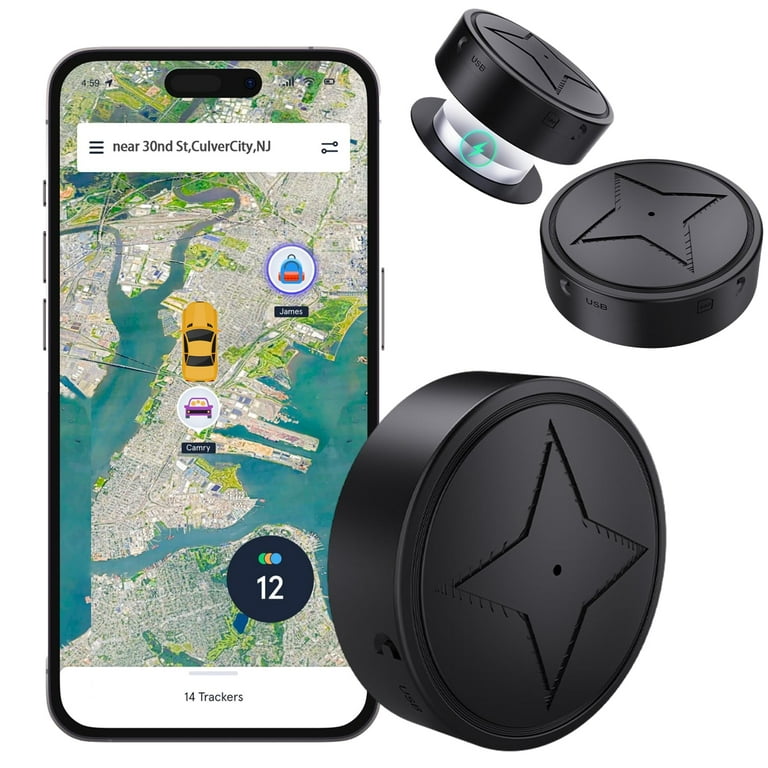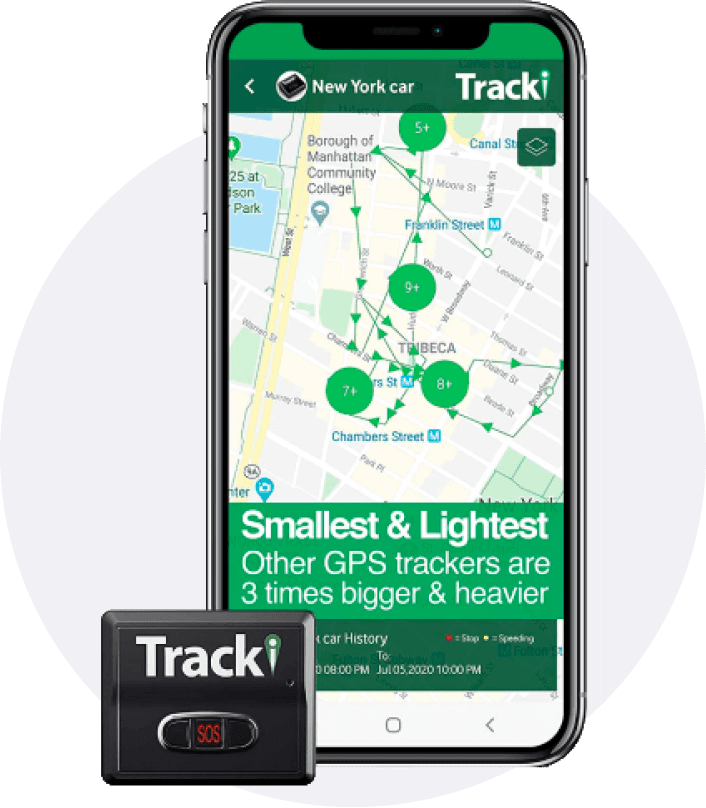Exactly How GPS Tracking Can Improve Your Company Operations
Exactly How GPS Tracking Can Improve Your Company Operations
Blog Article
Navigating the Future of GPS Monitoring: Developments, Obstacles, and Opportunities Ahead
As we stand at the crossroads of technological developments and social effects, the landscape of GPS tracking is positioned for a transformative journey ahead. With excellent innovation comes wonderful obligation, as information privacy worries loom big and safety and security obstacles in GPS tracking raising relevant questions regarding guarding delicate information.
Advancement of GPS Technology
The Evolution of GPS Technology has been marked by considerable advancements in accuracy, protection, and effectiveness throughout the years. Established for armed forces functions, GPS modern technology has progressed to come to be a common tool in various sectors, consisting of transport, logistics, farming, and personal navigating. Early GPS systems were identified by limited coverage, reduced accuracy, and bulkier hardware requirements. With ongoing technological technologies, GPS has transitioned to a lot more precise and effective systems that supply global insurance coverage and boosted accuracy.
One key landmark in the development of GPS innovation was the advancement of Selective Schedule (SA) in the 1990s, which intentionally degraded the precision of civilian general practitioner signals. The discontinuation of SA in 2000 dramatically enhanced GPS precision for private users. Succeeding developments, such as the deployment of added satellite constellations like Galileo and BeiDou, have actually even more boosted GPS coverage and precision, making it a vital tool in daily life. As general practitioner innovation continues to advance, we can expect further enhancements in accuracy, effectiveness, and protection, opening up new possibilities for development and applications across various sectors.
Real-Time Tracking Innovations
Structure on the innovations in GPS technology that have changed accuracy and coverage, real-time tracking has actually emerged as an essential area of advancement with extensive effects throughout numerous markets. Real-time tracking improvements enable companies and services to keep track of employees, lorries, and assets instantly, offering valuable insights for decision-making processes - gps tracking. By leveraging real-time data, firms can boost functional efficiency, improve customer care, and ensure the safety and security of their properties
One of the essential advancements in real-time tracking is the integration of expert system and device discovering algorithms, which allow predictive analytics and anomaly detection. These abilities allow for aggressive maintenance scheduling, path optimization, and threat mitigation methods. The development of real-time tracking systems has actually led to the growth of mobile applications and customizable control panels, equipping individuals to access crucial information anytime, anywhere.
Information Personal Privacy Issues

Data personal privacy issues incorporate numerous elements, consisting of the storage, sharing, and retention of area data. Businesses need to apply robust safety and security dig this actions to safeguard general practitioner monitoring data from cyber threats and data violations. Transparent plans relating to information collection techniques and the purpose of monitoring are necessary to build count on with customers and make sure compliance with information defense laws.
Protection Difficulties in GPS Tracking
Dealing with information personal privacy issues in GPS monitoring is intricately connected to mitigating the protection challenges that emerge from possible susceptabilities in the innovation. One of the primary safety and security challenges in GPS tracking is the risk of unapproved accessibility to sensitive area information - gps tracking. Hackers could intercept general practitioner signals, adjust place info, or perhaps track people without their permission. This not just attacks individual privacy yet additionally positions major safety risks.

Another protection obstacle is the potential for jamming or spoofing General practitioner signals. Executing robust encryption, authentication procedures, and signal confirmation procedures are critical actions in resolving these security challenges in GPS monitoring.
Arising Opportunities in the Sector
The burgeoning field of GPS monitoring innovation presents a myriad of promising possibilities for industry growth and technology. One key possibility depends on the Find Out More expansion of GPS monitoring applications beyond standard fields. Industries such as logistics, transportation, and fleet management have been very early adopters of general practitioner technology. Nonetheless, arising possibilities are currently occurring in areas like health care, agriculture, and ecological tracking. For example, GPS monitoring can reinvent patient treatment by enabling remote surveillance of vital signs and guaranteeing timely medical support. In farming, general practitioner technology can enhance crop monitoring methods and enhance overall yield. Moreover, environmental tracking can benefit from GPS monitoring by making it possible for real-time data collection for climate research and preservation initiatives.
One more significant chance in the GPS tracking market is the assimilation of sophisticated analytics and expert system. By leveraging these technologies, businesses can obtain valuable insights from GPS data to boost operational effectiveness, enhance decision-making procedures, and deal individualized solutions to customers. Furthermore, the increasing need for linked devices and IoT solutions offers a ripe chance for general practitioner tracking firms to expand their offerings and produce innovative services that satisfy a more connected globe. By maximizing these arising opportunities, GPS tracking companies can position themselves for sustained development and success in the vibrant landscape of the market.
Final Thought
In final thought, the future of General practitioner monitoring is noted by continuous development and development in modern technology. As the sector moves forward, navigating these challenges will be critical to guarantee the continued development and success of GPS monitoring technology.
With excellent advancement comes great duty, as data privacy problems impend large and security difficulties in General practitioner monitoring raising relevant concerns about guarding delicate info.With the rapid proliferation of GPS monitoring modern technology in numerous industries, read this dealing with information privacy concerns has actually come to be an essential imperative for both businesses and customers alike. The collection of area information with GPS monitoring elevates considerable privacy issues, as it enables the tracking of people' motions and behaviors. Services making use of GPS tracking need to focus on safeguarding this data to prevent unauthorized access or abuse that can jeopardize individuals' privacy civil liberties.
Services have to apply robust protection measures to safeguard GPS monitoring information from cyber risks and data breaches.
Report this page